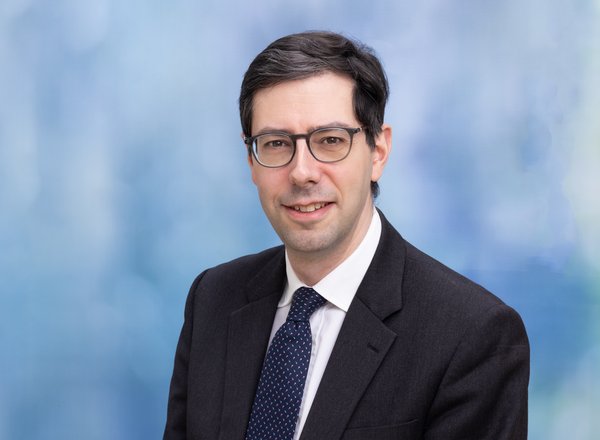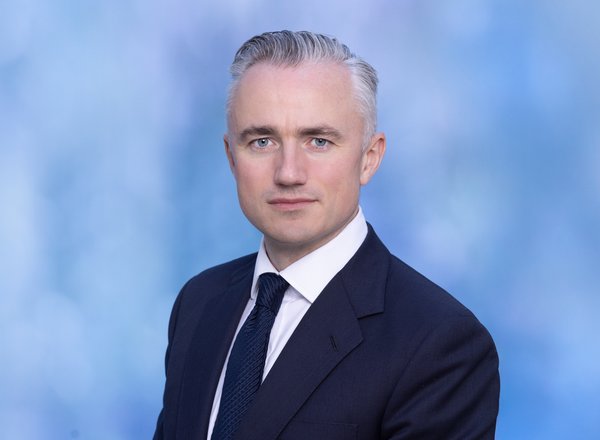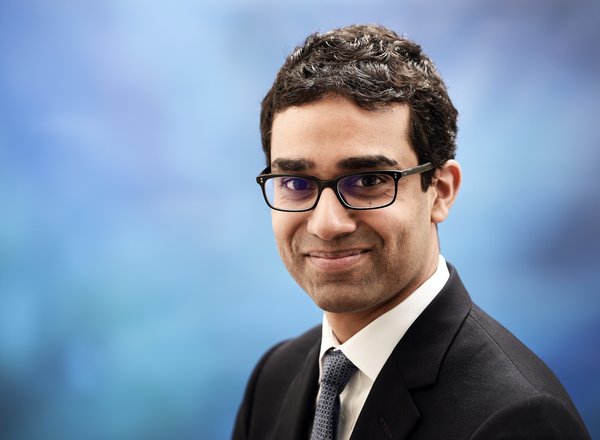The Court of Appeal has handed down judgment in SFO v ENRC, an important case concerning legal professional privilege, in which the Law Society was given permission to intervene.
The company (ENRC) had instructed lawyers and forensic accountants to investigate allegations of wrongdoing. The allegations had come to the attention of the Serious Fraud Office. The core issue was whether the notes of interviews between ENRC’s lawyers and its employees (and others), and other documents produced as part of the investigation, should properly be regarded as being subject to legal professional privilege.
The Judge at first instance (Andrews J) had held that legal advice privilege did not apply to the interview notes because, following Three Rivers No. 5, they did not record communications between lawyers and “the client”. Litigation privilege did not apply to the documents in issue either, because (she held) litigation was not reasonably in prospect at the relevant time, the dominant purpose of the communications had not been to conduct or prepare for litigation but rather to avoid it, and because the intention had always been to show the materials to the SFO.
The Court of Appeal has allowed the appeal in relation to litigation privilege. Litigation was, on a proper approach to the facts, in reasonable contemplation at the material time. The Judge’s approach to evaluating whether criminal proceedings are reasonably in contemplation was wrong. Further, the purpose of heading off, avoiding or settling litigation was a purpose that ought to be protected by litigation privilege. The Judge’s conclusion to the contrary was an error of law. The Judge was also wrong to conclude that ENRC had intended to share the material at issue with the SFO.
As to legal advice privilege, the Court of Appeal stated that Three Rivers No. 5 had decided that communications between an employee of a corporation and that corporation’s lawyers would not attract legal advice privilege unless the employee had been tasked with seeking and receiving such advice on behalf of the client. On that analysis, the interview notes could not attract legal advice privilege. However, had it been open to it to do so, the Court of Appeal stated that it would have been in favour of departing from Three Rivers No. 5, as a matter of principle. The Court noted that the issue would need to be reconsidered by the Supreme Court (in this case or some other appropriate future case).
James Segan and Eesvan Krishnan appeared for the Serious Fraud Office.
Dinah Rose QC and David Pievsky appeared for the Law Society.
Click here for the full judgment.
















